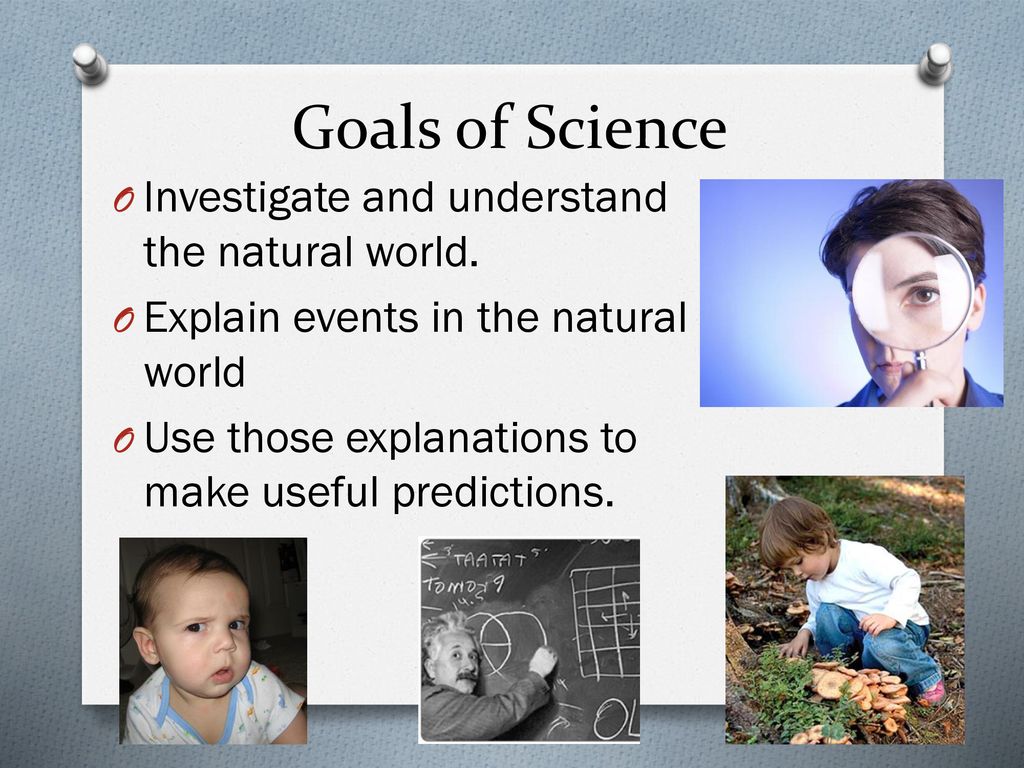Pre-Med Majors: Health Science vs. Biology for Medical School Preparation
Choose between health science and biology for medical school
Select the right undergraduate major is a crucial decision for aspire medical students. Two popular options — health science and biology — frequently lead to considerable debate among pre-med students. Both pathways can efficaciously prepare students for medical school, but they offer different advantages and challenges that merit careful consideration.
Understand the core differences
Biology and health science degrees share some overlap but differ importantly in their focus and approach to prepare students for medical careers.
Biology majors: the traditional path
Biology programs typically offer a comprehensive foundation in life sciences with an emphasis on understand living organisms at multiple levels.
The curriculum broadly includes:
- Cell biology and molecular biology
- Genetics and genomics
- Ecology and evolutionary biology
- Physiology and anatomy
- Microbiology and immunology
- Biochemistry
Biology majors develop strong laboratory skills through extensive practical work. They learn experimental design, data analysis, and scientific writing — all valuable skills for medical research. The coursework align intimately with the scientific principles test on the MCAT (medical college admission test )
Health science majors: the applied approach
Health science programs take a more interdisciplinary approach, combine biological sciences with healthcare systems knowledge and clinical applications.
The curriculum typically includes:
- Human anatomy and physiology
- Healthcare systems and policy
- Epidemiology and public health
- Health informatics
- Medical ethics
- Healthcare administration
Health science majors oftentimes gain more direct exposure to healthcare environments through require internships or clinical observations. They develop a broader understanding of healthcare delivery and the social determinants of health.
Medical school admission considerations
Medical schools don’t explicitly prefer one major over another. Their primary concern is whether applicants have complete prerequisite coursework and demonstrate academic excellence.
Required prerequisites
Most medical schools require completion of specific courses disregarding of major:
- General biology with lab (1 year )
- General chemistry with lab (1 year )
- Organic chemistry with lab (1 year )
- General physics with lab (1 year )
- Biochemistry (1 semester )
- Mathematics / statistics (vary by school )
- English composition (vary by school )
Biology majors typically complete these requirements as part of their standard curriculum. Health science majors may need to take additional science electives to fulfill all prerequisites.
MCAT preparation
The MCAT test knowledge across four sections:
- Biological and biochemical foundations of living systems
- Chemical and physical foundations of biological systems
- Psychological, social, and biological foundations of behavior
- Critical analysis and reasoning skills
Biology majors frequently have an advantage in the first two sections due to their intensive science coursework. Health science majors may have an edge in the psychological and social foundations section due to their broader exposure to these topics.
Admission statistics
Accord to the association of American medical colleges (aAMC))biology remain the virtually common undergraduate major among medical school applicants and matmatriculateonetheless, admission rates don’t importantly differ between biology and health science majors when control for gpa GPA mcatMCATres.
What matter virtually is academic performance, not the specific major. Medical schools value students who excel in their choose field of study, disregarding of what that field might be.
Advantages of biology for pre-med students
Strong scientific foundation
Biology provide in depth knowledge of fundamental life sciences, create a solid foundation for understand complex medical concepts. The rigorous scientific training help students develop critical thinking skills essential for medical diagnostics and research.
Laboratory proficiency
Extensive lab work in biology programs build technical skills and familiarity with scientific methods. Students develop comfort with laboratory techniques that transfer intimately to medical school lab courses and research opportunities.
Clear path to medical school
Biology departments at most universities have establishepre-meded advising and resources. The curriculum course incorporate most medical school prerequisites, simplify academic planning.
Research opportunities
Biology departments typically offer abundant research opportunities direct relevant to medicine. Participate in research strengthen medical school applications and develop skills valuable for evidence base medical practice.
Advantages of health science for pre-med students
Healthcare system familiarity
Health science programs provide valuable context about healthcare delivery, policies, and systems. This knowledge will help students understand the environment they will work in as physicians and the broader factors will affect patient care.
Patient care perspective
The interdisciplinary approach of health science programs oft include coursework in patient communication, cultural competence, and ethics. These skills contribute to develop the empathy and communication abilities that medical schools progressively value.
Clinical exposure
Many health science programs incorporate clinical observations, internships, or service learn components. This early exposure to healthcare settings help students confirm their interest in medicine and build relevant experience for applications.
Backup career options
If medical school plans change, health science graduates have more direct pathways to alternative healthcare careers such as healthcare administration, public health, or health education.
Potential challenges
For biology majors
Biology students may face these challenges:
- Limited exposure to healthcare systems and policy
- Extremely competitive programs with challenge grade curves
- Less focus on the social aspects of healthcare
- Potential for narrower skill development focus principally on scientific knowledge
For health science majors
Health science students may encounter:
- Need for additional science courses to meet medical school prerequisites
- Potentially less rigorous preparation in core sciences test on the MCAT
- Varied program quality and focus depend on the institution
- Perception issues if the program is house in a less academically rigorous department
Make your decision
The best choice between health science and biology depends on your individual learning style, interests, and career goals.
Consider your learning style
If you thrive in laboratory settings and enjoy deep scientific exploration, biology might be the better fit. If you prefer interdisciplinary learning and direct applications to healthcare, health science could be more engaging.
Evaluate program specifics
Not all biology or health science programs are created equal. Research specific departments at your target schools:
- Curriculum requirements and flexibility
- Research opportunities
- Pre-med advise resources
- Clinical exposure options
- Faculty expertise and mentorship
Look beyond the major
Remember that your major is exactly one component of your pre-med preparation. Will consider how you’ll:
- Gain clinical experience through volunteering or employment
- Develop leadership skills through extracurricular activities
- Build relationships with faculty for strong letters of recommendation
- Balance coursework to maintain a competitive GPA
Alternative approaches
Double major or minor
Some students choose to combine the benefits of both fields by:
- Major in biology with a minor in health science or public health
- Major in health science with a biology minor
- Pursue a double major (though this rrequirescareful planning)
Interdisciplinary programs
Many universities directly offer specialized pre-medical or biomedical science programs that combine elements of both biology and health science. These programs are specifically design to prepare students for medical school.
Non science majors
Medical schools progressively value diverse academic backgrounds. Students can major in non science fields while complete pre-med requirements as electives. This approach can develop unique perspectives and communication skills valuable in medicine.
Success strategies disregarding of major
Whichever major you choose, these strategies will strengthen your medical school application:
Excel academically
Maintain a strong GPA, specially in science courses. Develop effective study habits other and seek academic support when needed.
Prepare good for the MCAT
Identify and address knowledge gaps base on your undergraduate coursework. Consider formal test preparation resources if your major doesn’t full cover all MCAT content.
Gain clinical experience
Volunteer or work in healthcare settings to demonstrate commitment and understanding of the medical profession. Seek diverse experiences with different patient populations.
Develop research skills
Participate in research projects, whether in basic science, clinical studies, or public health. The research process teaches valuable critical thinking and problem solve skills.
Build relationships with faculty
Engage actively in classes and seek mentorship opportunities. Strong letters of recommendation from professors who know you advantageously can importantly strengthen your application.

Source: eduadvisor.my
The verdict: which is better?
Neither biology nor health science is inherently superior for medical school preparation. The” better ” hoice depend solely on individual factors:
Biology may be preferable if you:
- Have a strong interest in the scientific mechanisms of life and disease
- Plan to pursue research orient medical specialties
- Prefer a more traditional and distinctly define pre-med path
- Enjoy laboratory work and scientific inquiry
Health science may be preferable if you:
- Are interested in the broader context of healthcare delivery
- Value early clinical exposure and healthcare system understand
- Want flexibility for alternative healthcare careers
- Prefer an interdisciplinary approach to learn
Final thoughts
Medical schools seek candidates who demonstrate academic excellence, clinical understanding, service orientation, and personal maturity. These qualities can be developed through either major.

Source: eduadvisor.my
The about successful pre-med students choose a field they really enjoy, as passion for your studies typically lead to better performance. Meet regularly with pre health advisors to ensure you’re meet all requirements disregarding of your major choice.
Remember that medical education is a long journey. Your undergraduate major is exactly the first step in a career that will require continuous learning and adaptation. Choose the path that best aligns with your strengths and interests, and you’ll be intimately will position for success in medical school and beyond.



